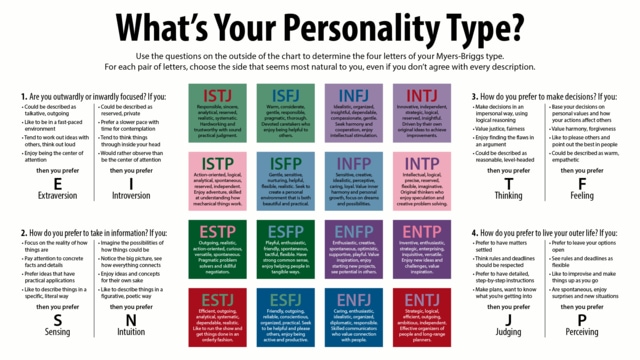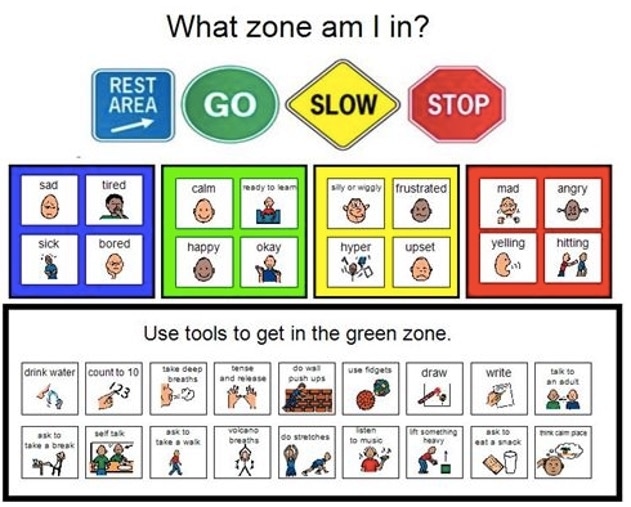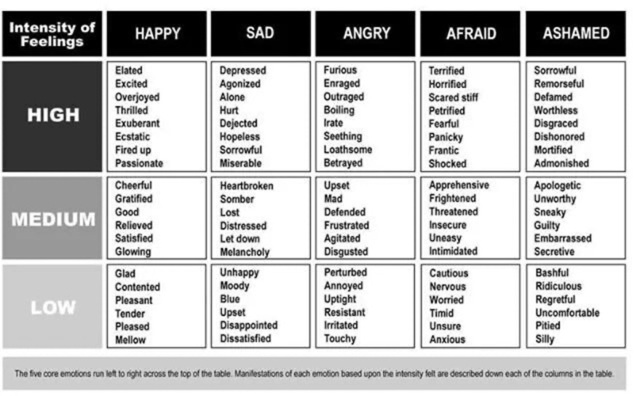Being a couple is both amazing and challenging at the same time. When there is love, there are also expectations and sometimes, misunderstandings can lead to conflicts.

Going through parenthood can also add more opportunities for misunderstandings as we juggle new responsibilities of being a father or mother on top of being a partner to each other.
How can a couple work their way through minefields and resolve misunderstandings? Are there ways to avoid future misunderstandings and save everyone the hassle of going through a huge quarrel or cold war?
Here are three tips that have worked for me, so far.
1. Look from your loved one’s perspective and personality
Why does he behave the way he does? Why does she respond in that way?
Just because you’ve been together with your partner doesn’t mean both of you have similar thoughts, behaviours and goals. Understanding your loved one’s perspective and personality (such as MBTI profiling) can be very insightful, as you can see from his/her point of view.
 MBTI Personality Type by Jake Beech, Source
MBTI Personality Type by Jake Beech, Source
Knowing his/her motivators, demotivators, patterns and preferences will help you understand why your partner for example:
- would rather spend time on online courses than keeping the house clean,
- when faced with certain situations (that you’re completely ok with) would instead feel unimaginable anxiety,
- does not seem receptive to listening to you, because the environment is not conducive and safe
What you can do to accommodate your partner’s preferences? Here’s a little exercise I did.
| Preference | Course of Action |
| He hates housework but likes online research. | I do most of the housework and leave online shopping of household necessities, gifts and electronic goods to him, together with getting rid of cockroaches, which I hate. |
| He likes a peaceful and quiet home. | Make sure he has a good dinner and has calmed down after a long day at work, before finding the right time to discuss family decisions. |
| Organising stuff is not his strength, and he doesn’t like people touching his stuff. I hate clutter. | Dedicate areas which are exclusively his such as a cupboard, one half of a table (the other half is mine) or a study area. He looks after his areas; I look after mine. |
2. Know yourself and how to de-escalate your emotions
Besides understanding your partner, being able to assess your own thought processes and unconscious triggers also help avoid unnecessary misunderstandings.
There are loads of MBTI-specific articles online, such as Introvert, Dear, that explain why you behave the way you do and that it’s okay to be who you are.
Reading such articles occasionally helps me identify triggers that irritate me so that I am aware that it’s the environment (hot, noisy) and/or circumstance (time of the month, horrible commute back home) that makes me frustrated and my partner is not the one to blame.
Being aware of this useful concept called the Zones of Regulation helps me to notice when I’m shifting from the green zone (happy, calm) to yellow zone (frustrated, upset) so that I can find ways to calm down before shooting straight to the red zone (angry, yelling).
 Zones of Regulation, Source
Zones of Regulation, Source
This works for your partner too, such that if you notice he/she is getting agitated, it’s time for you to either stop what you’re doing or change the environment to a calmer one.
3. Improve your habitual vocabulary and calibrate your response accordingly
Having a wider range of vocabulary to understand your emotions is useful. For instance, although you could sometimes feel really angry, actually you are just anxious, and your environment or circumstances boosts your anxiety to fury.
According to Tony Robbins, “Transformational Vocabulary gives you the power to change your experiences in life by lowering the intensity of negative emotions to the point where they no longer control you.”

Read this article on how you can use Transformational Vocabulary to change your habitual vocabulary, by replacing the typical words you use with a new word to break your default pattern of thought and feeling.
When we use a different, less intense word to describe what we feel, we can calibrate our responses accordingly.
| Situation | Feelings and Responses |
| My partner forgot to buy bread. | Instead of feeling miserable that there is no bread, I could feel just a little bit peeved and start thinking of an alternative for breakfast the next day. |
| My partner looked at his phone during the whole dinner, instead of talking to me. | Instead of feeling dejected or enraged, I am simply a bit perturbed, as I know he will want to talk to me later before going to bed because it’s a pattern I have already identified. Hence, I will try to make myself free later when he’s ready to talk. |
| My partner laughed at something I did. | Instead of being mortified, I could be bashful and find myself silly too. No one is perfect. |
What are some other tips that have worked for you to resolve and avoid misunderstandings as a couple?
By Julia Chan.
* * * * *
Like what you see here? Get parenting tips and stories straight to your inbox! Join our mailing list here.
Want to be heard 👂 and seen 👀 by over 100,000 parents in Singapore? We can help! Leave your contact here and we’ll be in touch.


























































Leave a Comment: